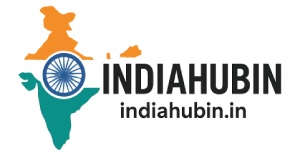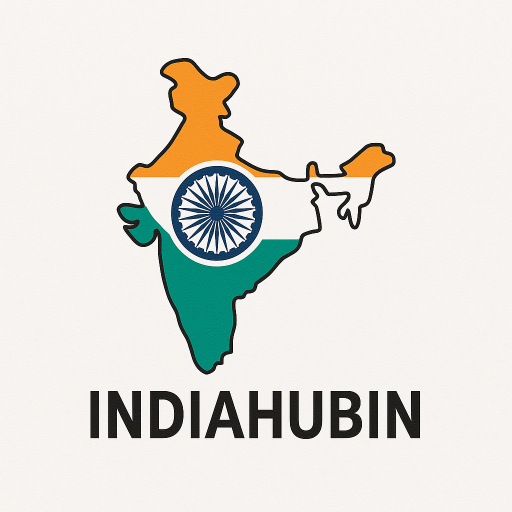Moreover, the payments made by Acko to OFSPL were largely in the nature of commission/remuneration and rewards for such solicitation, made under the guise of paying them for advertisement, web branding, and API infrastructure service fees, which flout the provisions of the Insurance Act, 1938.As the order by IRDAI highlighted, “the insurer (Acko) entered into this arrangement just to pass on excess payments to OFSPL under the guise of an API agreement, which is not otherwise permitted by the regulations. And though the insurer entered into an advertisement agreement with OFSPL on 14th November, 2018, they started making payments under this head prior to the agreement.”
Acko and Ola representatives did not respond to our request for comments.
Read on to know how this ruling will impact the policyholders and what the impacts of buying insurance policies from unauthorised intermediaries are.
Does this impact the validity of insurance policies purchased from Acko or Ola Financial Services?
No. Explains Priya Dhankhar, Counsel, SKV Law Offices, “The IRDAI order issued against Acko General Insurance pertains to regulatory issues, not to the core insurance policies issued to consumers. There is no suggestion in the order that policies issued via OFSPL are invalid, unenforceable, or compromised in any way.”
“As such, there is no direct adverse impact on policyholders. All insurance policies sold by Acko, including those issued during the period under scrutiny, remain legally valid and enforceable. Policyholders can continue to avail themselves of claims and policy benefits per their contractual terms,” she continues.
Shashank Agarwal, Founder, Legum Solis, concurs. “As there is nothing in the order or in the law that talks about such policies falling through, there does not seem to be any impact on the policyholders who bought Acko policies.”
Arvind Ramesh, Partner, Vritti Law Partners, explains that while these policies, which were bought in good faith, remain valid and the insurers must honor them, policyholders should maintain sufficient records, including related to premium payments, so that there are no lacunae in terms of documentation in case one is making a claim.
What are the consequences of buying insurance policies from unregistered intermediaries or corporate agents?
According to the order, “From FY 2018-19 to January 2021, OFSPL was neither a corporate agent nor an intermediary of the company. OFSPL became a corporate agent of the company only in January 2021. OFSPL was purely a service provider of the company, appointed for technology and marketing services.”
Moreover, IRDAI highlighted that OFSPL did not have the required expertise in providing any infrastructural services for the issuance of insurance policies by API or providing advertisement services.
Also, since OFSPL was purely a service provider of Acko appointed for technology and marketing services and was not a registered corporate agent, they could not have legally solicited insurance policies during this period.
Dealing with unregistered corporate agents can be risky for policyholders, since they could end up receiving misinformation about insurance policies. Such an unregulated entity may prefer earning higher commissions on the sale of more policies than protecting policyholders’ interests.
Explains Dhankar, “When insurers use unlicensed or unauthorised entities to distribute insurance products, it poses several risks to consumers. First, such intermediaries may not have the required training, regulatory oversight, or ethical obligations, which increases the likelihood of mis-selling or inaccurate disclosures.”
“Consumers may receive misleading information about product features, exclusions, or claim procedures. Second, there is little recourse available in case of grievances—unlicensed agents are not accountable under IRDAI’s framework, leaving policyholders unprotected. Lastly, if such intermediaries are driven by non-transparent or unregulated incentives, their advice may prioritise commissions over the consumer’s best interests,” she adds.
Additionally, according to the order, OFSPL was issued a certificate of registration that was valid between 11th September, 2019, and 10th September, 2022. However, this did not entitle them to “advertisement and API charges paid to them by Acko, which were in the nature of rewards.”
In other words, Acko made payments to Ola Financial Services Pvt. Ltd. (OFSPL), which was not a registered intermediary for part of the relevant period. However, at present, OFSPL is a registered corporate agent, with its present license valid till September 10, 2025.
“Payments made to unlicensed intermediaries also may not be securely handled. There is likely to be a lack of accountability, which may impact consumers’ right to recourse. Unregulated intermediaries are also not obligated to adhere to any data protection standards,” says Trinath Tadakamalla, partner at Solaris Legal.
How can consumers know whether the person selling them insurance is legally authorised?
Consumers can protect themselves by taking a few simple steps to verify the credentials of anyone selling them an insurance policy. IRDAI maintains a public register of all licensed insurance agents and intermediaries on its website (https://irdai.gov.in/list-of-corporate-agents), where customers can cross-check the name or license number of the person or entity.
Additionally, consumers should ask the intermediary (from where they are purchasing their policy) for their IRDAI registration details and confirm whether they are acting as a corporate agent, broker, or web aggregator. If the policy is being sold via a digital platform or app, consumers should ensure that the platform is listed as an authorised partner by the insurer. In case of doubt, consumers may contact the insurance company directly to confirm the legitimacy of the seller and to understand whether any incentives or commissions apply.


